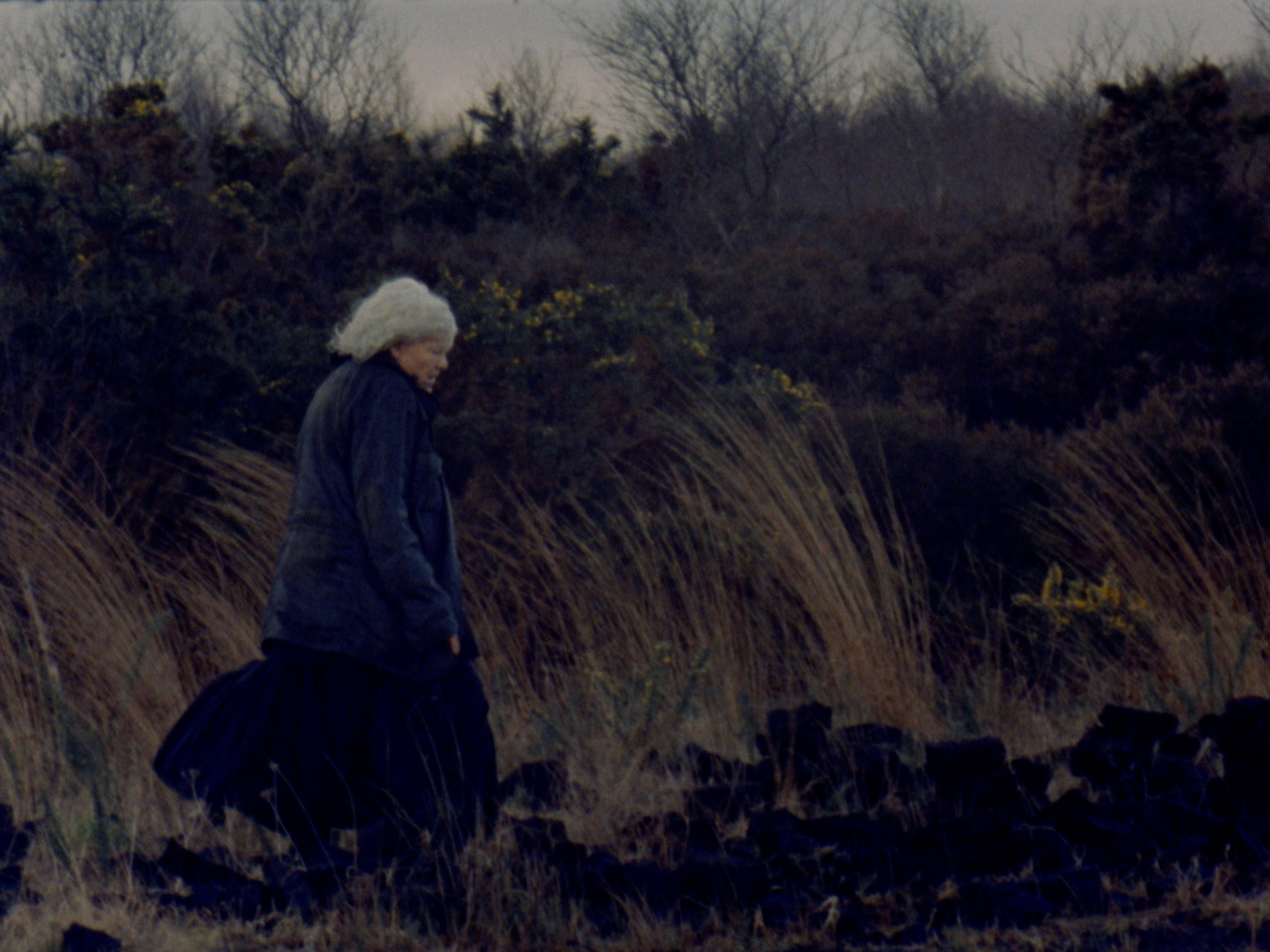
Landscapes of Shame (2025)
Landscapes of Shame is a 40 minute experimental 16mm artists cinema film currently in pre-production. Using a confessional-style voice-over to create an intimate, personal travelogue across Ireland, the film attempts to articulate the webs of connections that link colonialism and theocracy, climate crisis and extinction, queerness and the other, mythology and history, resistance and justice.
In 1649, Oliver Cromwell invaded Ireland, carrying out a genocidal campaign that cemented English colonial rule and formed a blueprint for future colonial expansion across the globe. Intertwined with this history of genocide is a less discussed story of ecocide. Along with the accelerated destruction of native forests, Cromwell ordered the extermination of the Irish Grey Wolf. This animal was an integral part of rural Irish ecology, culture, and mythology, perceived by Cromwell as symbolic of the untamed spirit of Ireland. By 1786, the last wolf in Ireland was hunted down from the slopes of Mount Leinster. Though now extinct, their memory survives in Irish language place names like ‘Isknamacteera’ (Water of the Wolves), a small lake in Kerry, and in pre-colonial folklore, including that of ‘the faoladh,’ a person that shape-shifts into a wolf; a guardian, rather than a bloodthirsty creature.
Growing up queer in 1990s rural Ireland, I retreated into stories of the monstrous; of shapeshifters like those of Irish werewolves. Perhaps there was guidance within these wild and other-than-human aspects of the world, representing the ways in which our identities are forever in flux. They also allowed an escape from the continual reverberations of shame that operated at both a personal and national level. There was not only shame around queerness but shame towards the earthy landscapes I grew up in; being ‘rural’ or a ‘bogger’. The so-called ‘Celtic Tiger’ boom of the 90s, and its rabid Americanised consumerism, brought a collective desire to escape the perceived shame of our pre-colonial traditions and identity; our myths, culture and Irish language itself. The cause of this was twofold: our identity was repressed as primitive under British colonialism, then revived in Frankenstein form by right-wing nationalist Catholics with the foundation of the Nation State.
Against this backdrop the film asks: How do these colonial and pre-colonial pasts and stories of queerness, extinction and shame intertwine with the political and ecological crises unfolding in the present?
Landscapes of Shame is funded by the Arts Council/An Chomhairle Ealaíon and is due to be comepleted in 2025.










